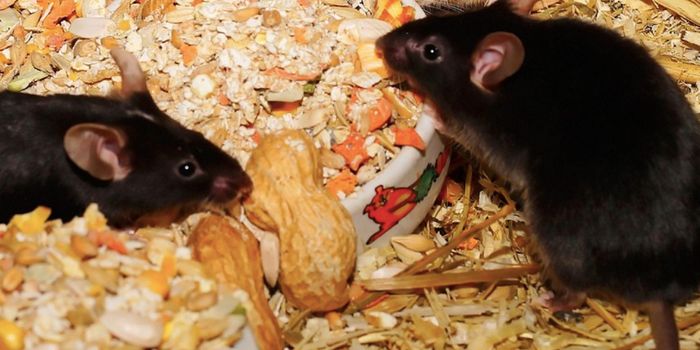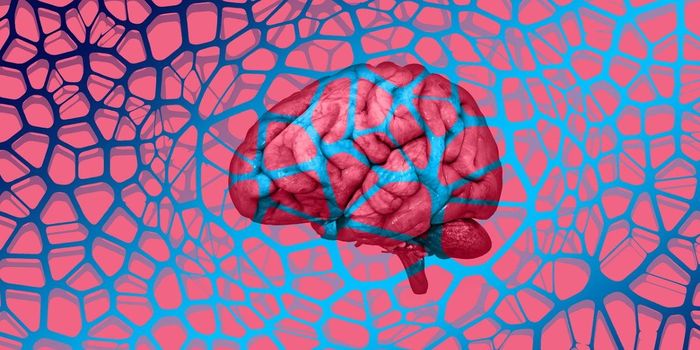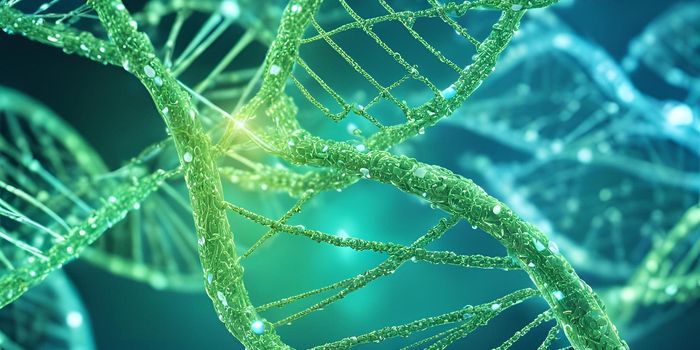How Genomics Can Help Create a More Just World
Is genomics helping to create a more just world? Unfortunately, ten commentaries by a panel of philosophers, social scientists, and medical anthropologists suggests that no, not only is the field of genetics not advanced equity, it might be making injustice worse. The Hastings Center, an independent bioethics research institute, is behind the report, which is called For ''All of Us''? On the Weight of Genomic Knowledge.
The report seeks to remind the medical and research community that one of the aims of biomedical research and medicine is the pursuit of justice and the hope that all people will benefit from knowledge that can improve everyone’s lives and health. Genomics researchers must be cautious not to lend credence to misconceptions about race. There is no genetic basis to race, and genetic studies that focus on different groups may be unintentionally reinforcing that myth that social behaviors or health disparities can be traced back to race, and are not due to environmental factors.
There is an enormous amount of data that shows how inequitable health care systems can be. The healthcare environment can be used as a way to measure how social conditions, intergenerational poverty and inequality and the circumstances of a person’s life can contribute to health disparities.
The authors also caution that while we may learn a lot from genetics research and could indeed personalize medicine for some patients one day soon, the benefits from this technology may be felt primarily by people who can afford it, instead of uplifting the underprivileged.
Genetics could also benefit from studies that seek to examine how genetics can end racism, and stop separating people into distinct racial categories like white, black, Asian, and Pacific Islander. Catherine Bliss, an associate professor of sociology at the University of California, San Francisco, suggests that scientists should not only avoid racism; they should be anti-racist. She writes that "all of us across the sciences, throughout health policy, and in the wider public will need to reconceptualize race in terms of legacies of discrimination. We will need to shift our focus from molecular differences to social and political differences, especially when we conduct gene-environment analyses."
Jenny Reardon, a professor of sociology and the founding director of the Science and Justice Research Center at University of California, Santa Cruz, and Hastings Center fellow notes that scientists and clinicians should start to move beyond the simple question of whether or not a study subject consents to a research study, and start to ask whether the research is just. She commented that it’s time to start examining where structural inequity exists in research studies.
A report called Health for Whom? Bioethics and the Challenge of Justice for Genomic Medicine was written by Joel Michael Reynolds assistant professor of philosophy and disability studies at Georgetown University and the inaugural Rice Family Fellow in Bioethics and the Humanities at The Hastings Center. He says that "taking the principle of justice seriously would lead us to better situate the gift and weight of genomics within the many practices for which we have evidence to bring about fairness and equity for human lives. To implement these practices will require not only significant biomedical efforts but also political efforts that push typical clinical and bioethical concerns beyond their historical orbit."
Sources: AAAS/Eurekalert! Via Hastings Center









